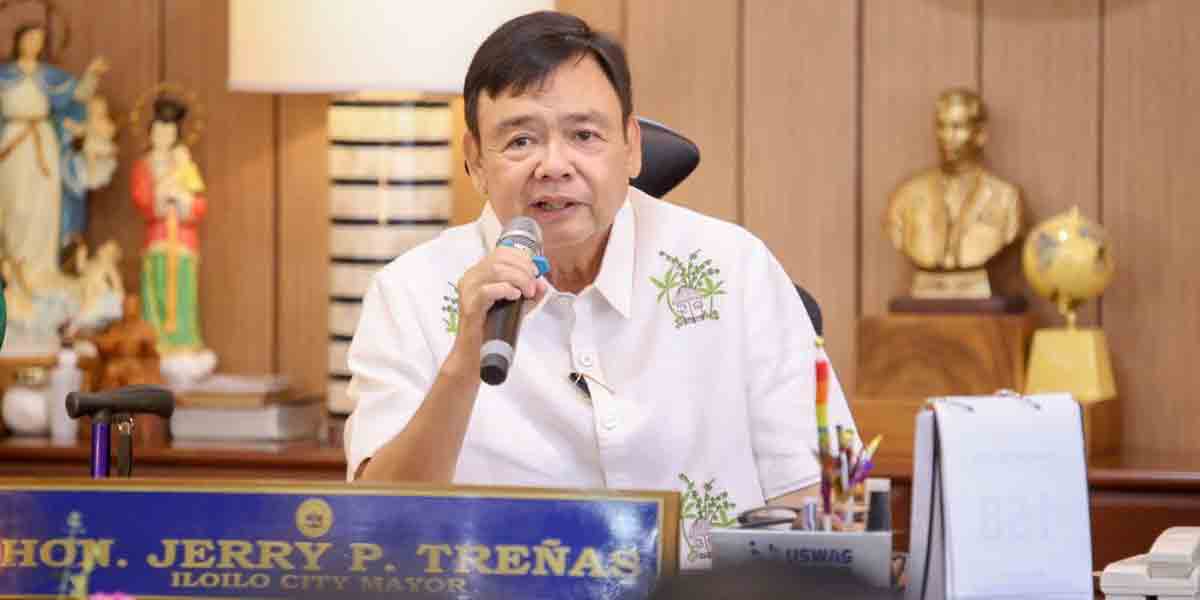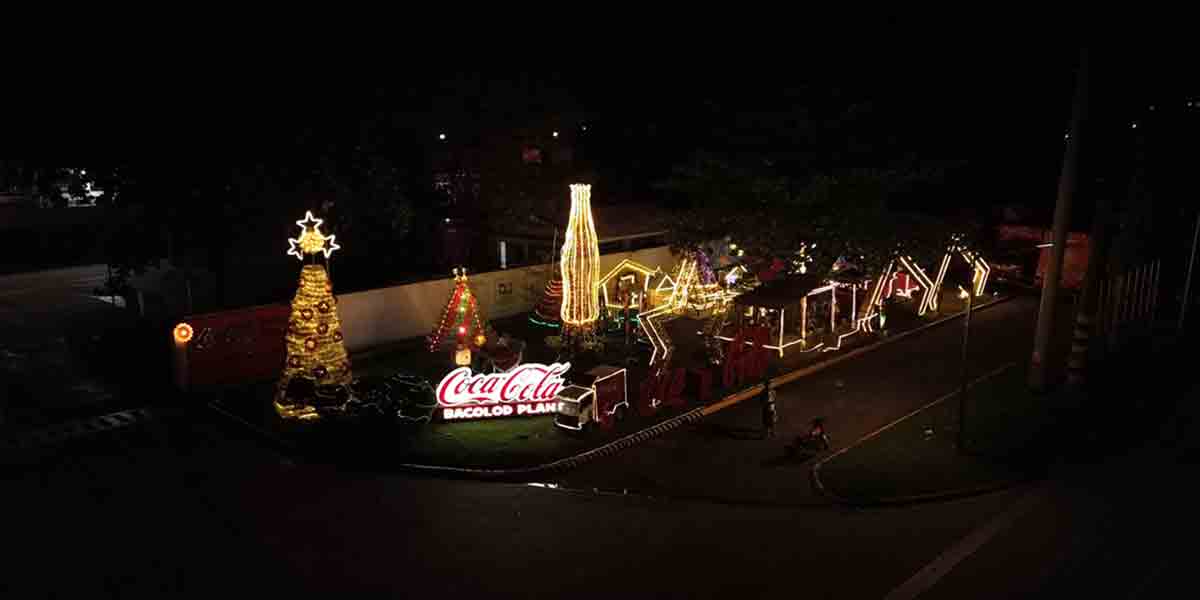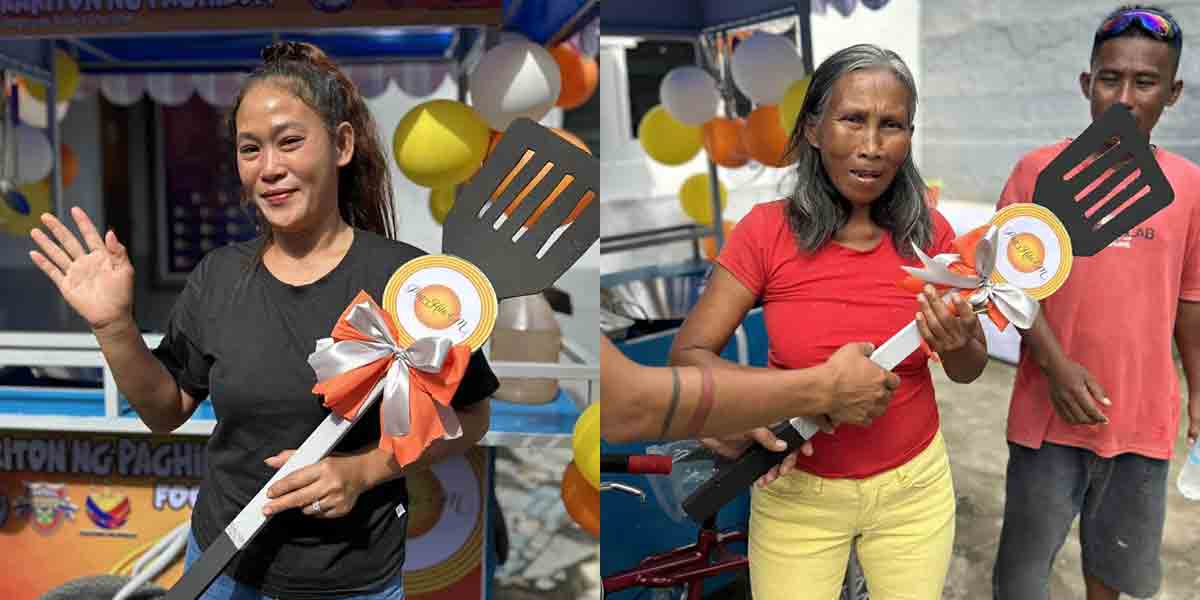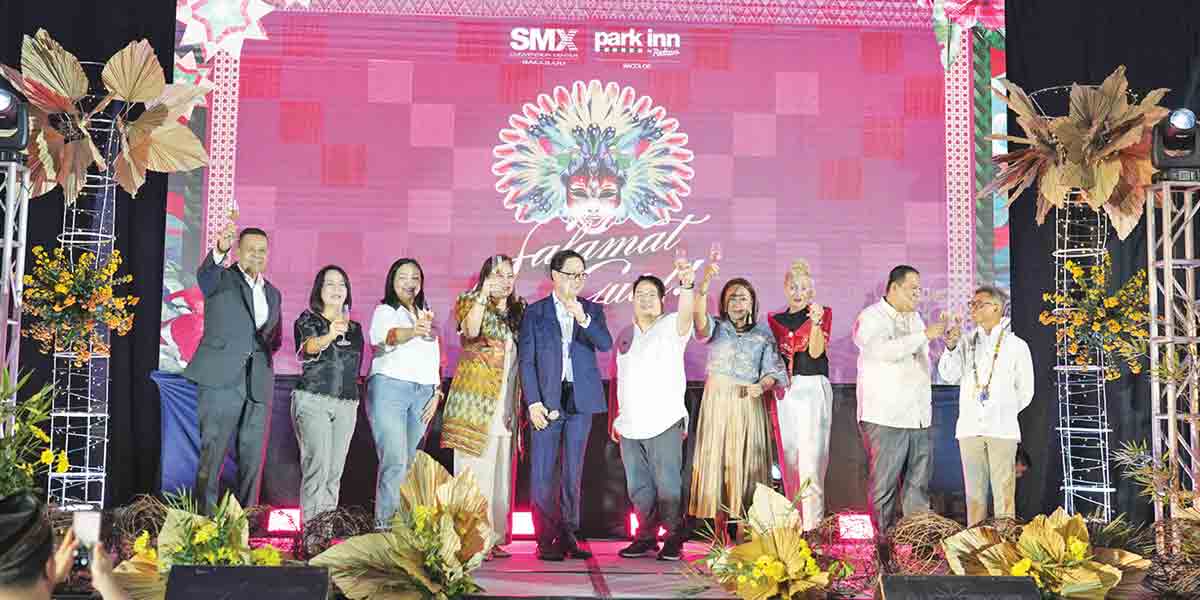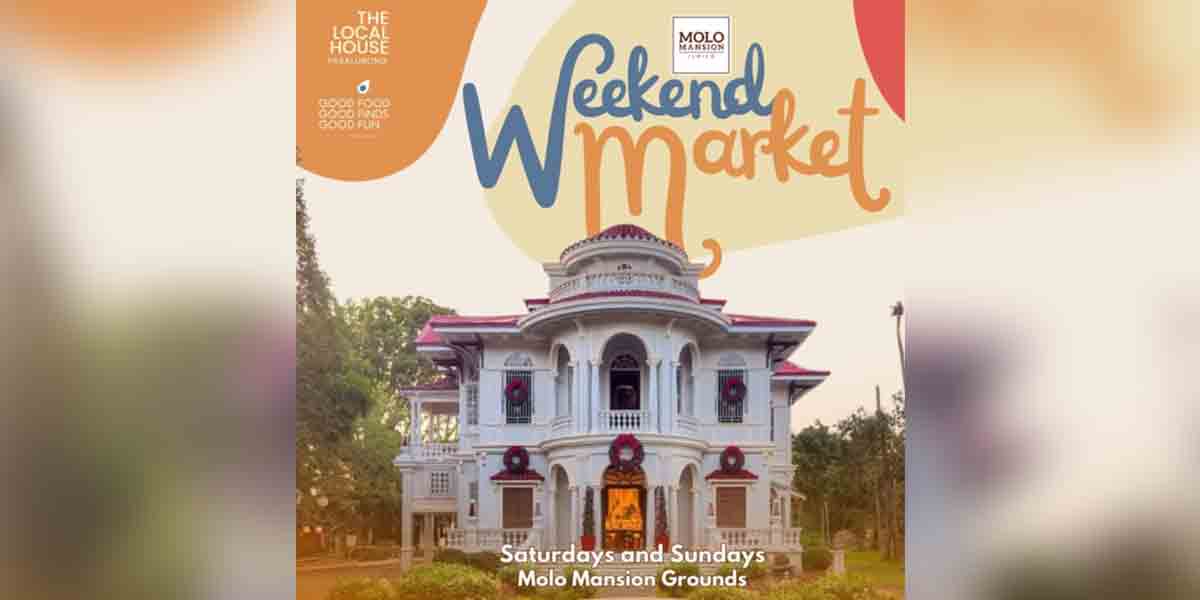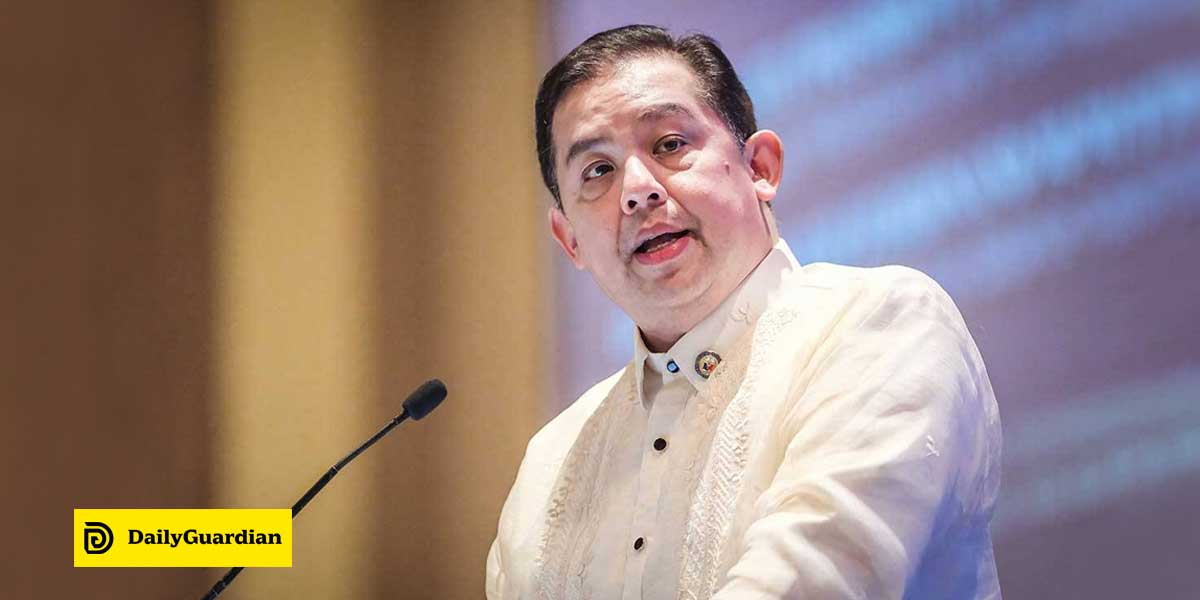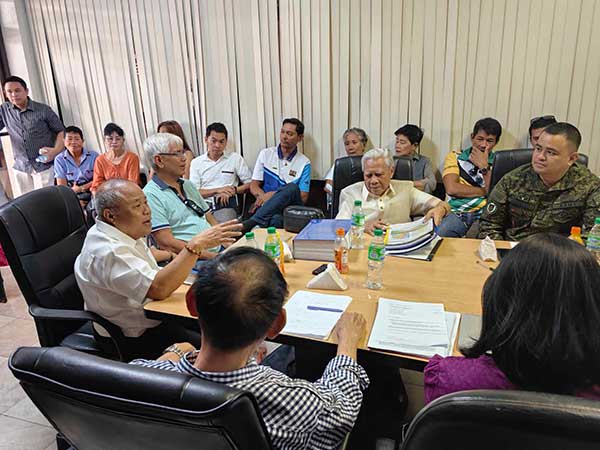
By Dolly Yasa
BACOLOD CITY – Malacañang is considering the revival of the Dacongcogon Sugar Mill in southern Negros Occidental, a move long sought by thousands of sugar farmers in the area.
Former Bacolod City representative, Atty. John Orola, legal counsel for the Dacongcogon Farmers Producers Cooperative, which has 10,000 members, said Friday that President Ferdinand Marcos Jr. has responded to his letter appealing on behalf of the affected sugar farmers, led by Atty. Rolando Parpa.
Orola told Daily Guardian that the Office of the Presidential Adviser on Peace, Reconciliation, and Unity recently held a consultation meeting on the proposed revival of the Dacongcogon Economic Center in Kabankalan City.
The meeting was attended by Milo Ibrado, member of the Joint Enforcement and Monitoring Committee (JEMC); MGen Rene Glen Paje (Ret), regional adviser on Peace and Security; Kabankalan City Mayor Benjie Miranda, and representatives of relevant government agencies, including the military.
Orola noted that while he had written to President Marcos about the plight of the sugar farmers due to the mill’s closure in March 2023, it was reassuring that the President took notice of the issue.
The Dacongcogon Sugar Mill, a flagship program of the late President Ferdinand Marcos in 1968, was established to address the socio-economic problems of Negros Island in collaboration with the Catholic Church of Negros, then headed by the late Bacolod Bishop Antonio Y. Fortich. It was foreclosed by the Philippine National Bank in the mid-1980s
Orola proposed reorganizing and strengthening the Dacongcogon Farmers Producers Cooperative to address the insurgency problem in the hinterlands of Kabankalan mountains, south of Negros Occidental, and to provide employment and livelihood for the local community.
He pointed out that with the Dacongcogon Sugar Mill, the cooperative members wish to apply for financial assistance through government institutions or the Maharlika Fund, if approved and available, for its acquisition and eventual operation with modern mills to increase productivity and create opportunities for the marginalized agricultural sector.
Orola mentioned that the petition to revive the mill began in August 2011, followed by new petitions from ten thousand people and resolutions from fifteen Sangguniang Barangays and one Sangguniang Bayan, all pending in Malacañang.
The affected sugar farmers claimed that before its closure, the mill served as a “common bond of unity” for the ten thousand member cooperative farmers’ organization. Over forty years, it changed the face of the countryside, boosted the economy, improved living conditions, and addressed the roots of insurgency.
“Its closure in 2008 caused economic dislocation, poverty, and a resurgence of insurgency,” Orola quoted the farmers as saying.
The farmers believe that the revival of the mill as a government social intervention is the only solution to the ongoing insurgency-related killings in the area.
Orola also stated that the revival of the mill is supported by all the mayors in the area: Kabankalan City Mayor Benjie Miranda, Sipalay City Mayor Gina Lizares, Candoni Mayor Ray Ruiz, Ilog Mayor Paul Alvarez, Cauayan Mayor John Rey Tabujara, and Hinoba-an Mayor Daph Anthony Reliquias.
These mayors issued and signed a manifesto of support, urging President Ferdinand Marcos Jr. to act on the farmers’ concerns.




